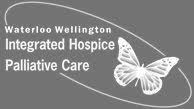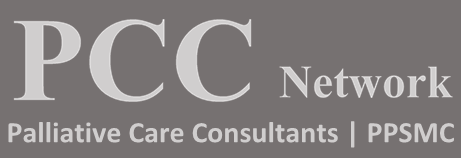Oral Assessment and Mouth Care
Health of the oral cavity is an essential component of quality of life – impacting nutrition, self-esteem, and social/physical comfort. Proactive mouthcare prevents a variety of complications that can result in increased burden of disease and suffering.
Our mouths are an integral part of our everyday – from eating, to speaking, and expressing emotions. The oral cavity can be greatly affected by diagnosis of life-limiting conditions, advancement of those conditions and later, the dying process. Even still, the oral cavity is often overlooked by healthcare providers. If a patient screens positive for concerns in their oral cavity, a comprehensive assessment is required.
Screen
Screening for oral concerns should be a routine part of a palliative approach to care, regardless of the patient’s life-limiting condition(s). Patients should be regularly asked if they have any concerns in their oral cavity. Both patients who are able & unable to verbally communicate, should be observed for discomfort around activities like mouthcare, eating/drinking. If a patient screens positive for concerns in their oral cavity, a comprehensive assessment is required.
Assessment
A comprehensive assessment of the oral cavity includes a physical assessment: visualization of the exterior and interior of the mouth, between the gums and under the tongue, if tolerated. If the patient wears appliances, like dentures, these should be removed for full visualization of the mouth, and to inspect the appliance for any damage. Use of the Fraser Health Symptom Assessment Acronym (OPQRSTUV) is necessary to create a complete picture of oral symptoms and make appropriate recommendations for their care plan.
Resources to support assessment of the oral cavity:
- CCO Oral Care (Mouth Care)
- CCO Xerostomia (Dry Mouth)
- CCO Mucositis (Oral Irritation/Ulcerations)
- CCO Intra-Oral Infections (ex. Thrush)
- CCO Dysgeusia (Taste Changes)
A care plan should be co-developed, with the patient and care team, to address concerns arising from the assessment.
Routine Mouth Care
Patients with oral cavity concerns, should be provided with information that supports proper care of their mouth, including recommendations for routine oral hygiene. For patients with painful oral conditions, pre-medication with analgesics or numbing agents may be necessary.
If a patient is unable to participate in their own mouth care, they can be assisted by an informal caregiver or healthcare provider. Canadian Virtual Hospice has created an instructional video on Personal Hygiene – Helping with Mouth Care that is an excellent resource for informal caregivers and healthcare providers.
Sources
Download Tip of the Month




